#erna morena
Text
Around the World in 80 Days
Wonderful CV as Phileas Fogg with wonderful Erna Morena in "Around the World in 80 Days" (1919), dir. Richard Oswald.

52 notes
·
View notes
Text

German film actress Erna Morena on a vintage postcard
#erna#sepia#photography#film#vintage#postkaart#german#ansichtskarte#ephemera#carte postale#erna morena#postcard#postal#briefkaart#actress#photo#tarjeta#morena#historic#postkarte
2 notes
·
View notes
Text


Films Watched in 2023:
72. Algol - Tragödie der Macht/Algol - Tragedy of Power (1920) - Dir. Hans Werckmeister
#Algol: Tragödie der Macht#Algol: Tragedy of Power#Hans Werckmeister#Emil Jannings#Hanna Ralph#Erna Morena#Ernst Hoffmann#Gertrude Welcker#Käthe Haack#Sebastian Droste#Silent Cinema#German Expressionism#Films Watched in 2023#My Edits#My Post
5 notes
·
View notes
Text
Das Schicksal derer von Habsburg (1928) [The Fate of those of Habsburg]
This one was very interesting but I kind of struggle to really say anything about it. I can tell you that I had a better time with it than with Elisabeth von Österreich (1931) though.
This was a silent film about the slow death of the austrian imperial family and monarchy, starting with Rudolf's engagement and subsequent suicide all the way through to Emperor Karl's forced departure from Vienna after WWI. Honestly, it kind of had the same issue as Elisabeth von Österreich where I couldnt get emotionally invested at all, but I think I was less bothered by it because I realized pretty quickly that this film was basically just running through the all important events without really trying for emotional investment, if that makes sense. Like, this movie spends most of its time with Rudolf and arguably fleshes his 'fate' out the most, but then obviously it keeps going after his death, and after that was when I really got this feeling that it was essentially just listing a bunch of historical events involving the Habsburgs + the way they died with accompanying visuals, but that feeling was already there during Rudolf's section of the film, it just got more blatant as it went on.
I guess Im maybe a little disappointed because the title of the film made me think it was going to be more about how this family or the whole system of monarchy was doomed from the start, maybe looking at the whole thing with a sense of tragic inevitability kinda like Elisabeth: das Musical sorry I keep bringing it up, but it wasnt that. And that's not the film's fault, I just assumed stuff based on nothing but the title and again, it became clear to me what it was actually doing very quickly, so it wasnt a big deal.
I dont have much to say in the way of pacing and editing which means its pretty alright, but I will say that there was something kind of mesmerizing about it. A lot of it might just be the fact that this was only my second silent movie so my brain still registers it as 'very interesting' by default, but I know a big part of it was definitely the damaged film. When this movie was restored there were bits that had no completely undamaged film available so they had to use film that was already decaying, and now there's parts of the movie that are framed by this white rot on either side, and I just think it looks beautiful. I seriously wonder why decaying film effects arent as common in art as glitch effects or fuzzy vcr effects when theyre so evocative. Also, if Im already talking about technical stuff, the version that I watched was completely silent and didnt have any kind of score, and I thought silent films usually had scores that would then be the audio playing over them whenever they got restored. Is that actually the case and is this film meant to have a score, or am I getting my silent film facts wrong here? I mean, the fact that there wasnt a score didnt bother me too much, it was pretty unusual watching a movie without any kind of sound, but thats about it.
Anyway, I realize that saying "what I like about this movie is that time passed and it was partially destroyed but that partial destruction looks really cool" sounds like a real backhanded compliment, so now Im gonna talk about the other two things that stuck out to me in a positive way. Oh man, that also sounds like a backhanded compliment doesnt it. Listen, these arent the only things that I liked in film I otherwise find bad, these are just the only things I liked in a film that I otherwise dont feel very strongly about. Those things being—
Erna Morena as Elisabeth. I really liked her performance. Unfortunately I cant really articulate why, I think she had a weariness about her that enjoyed and I liked the way she carried herself.
That scene where Rudolf kisses Franz Joseph's hand. The context is, Franz Joseph is telling Rudolf that Mary is gonna leave Vienna so that she cant interfere with him and Stephanie, and that he is to be locked in his room or in the palace until she's gone, but Rudolf begs him to atleast let him see her one last time time so he's like "Fine, but you have to promise me that it really will be the last time you two see each other" and holds out his hand. Rudolf shakes it after a long moment moment of hesitation and then he kisses his hand before laying his cheek against it, and the Franz Joseph puts his hand on the back of his hand in a kindof embrace. oughhhhhhhhh. Its definitely because Ive had a real fascination with masculinity and specifically father-son relationships lately, but that scene is gonna live rent free in my head for a while
So yeah. In conclusion: it was an interesting watch but mostly by virtue of being a very old silent film. It ocurred to me after briefly skimming the wikipedia page that I would have probably found the actual film more interesting (or atleast had more interesting things to say about it) if it didnt deliberately avoid having any kind of political lean, but that doesnt change my opinion of the film so whatever
And now here's three small things that I noticed that I couldnt mention elsewhere before you go:
The makeup and costuming was so 1920s. I have previously said that I am not a history person, and Im not, but I do know some basic stuff about historical fashion and it was honestly really distracting. That was kinda the case with the costuming in Elisabeth von Österreich (1931) as well (although there it was mostly the hair and makeup) but this was a whole other level
There's this scene where Rudolf and Mary first meet and theres this instant chemistry and they start dancing together and then Rudolf just GRIPS her neck and pulls her into a kiss, it was so forceful. I dont think it was supposed to read as aggressive, I'm pretty sure it was just meant to be passionate but idk, it was weird. They dont have any other weird interactions here, for the rest of the film its just pretty standard, old-timey man-woman interactions. And then obviously the suicide, which felt only slightly less sudden than it did in Elisabeth von Österreich
I dont remember at what point in the film this was, I wanna say about a third of the way through, but I was thinking a little about Stephanie and how she was portayed here vs how she was portrayed in Rudolf: Affaire Mayerling, the only other piece of media I have seen so far where she gets focused on quite a bit. I noted that she was a lot more sympathetic whereas the musical portrayed her as a lot more antagonistic, and just as I finished that thought, Stephanie arrives in Mayerling after she heard that Rudolf went there with a certain baroness instead of coming to her, sees Mary sitting outside with Rudolf and some friends of theirs, walks up to her and hits her with either her fan or maybe some kind of stick, I dont remember. so that was kinda funny
1 note
·
View note
Text


Belated Silent Sundays Happy 134th Birthday to German actress Erna Morena who starred in the original versions of the Louise Brooks classics "Pandora's Box" (1917) and "Diary Of A Lost Girl" (1918). The latter film is lost but the first surfaced a few years back which I wrote a whole thing about here;
0 notes
Text


Erna Morena (Ernestine Maria Fuchs) — (24/04/ 1885 —20/07/1962)
Local de Nascimento: Wörth am Main (Alemanha)
Atriz
Filmes:
Da manhã à meia-noite (Von morgens bis mitternachts/1920)
Nachtgestalten (1929)
1 note
·
View note
Photo
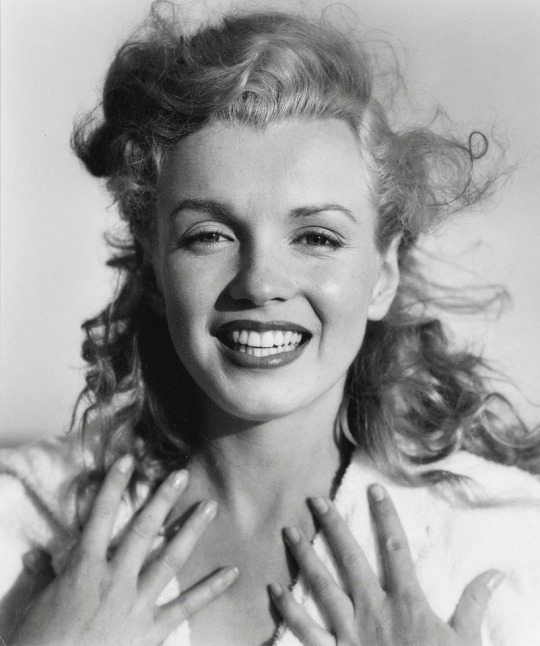
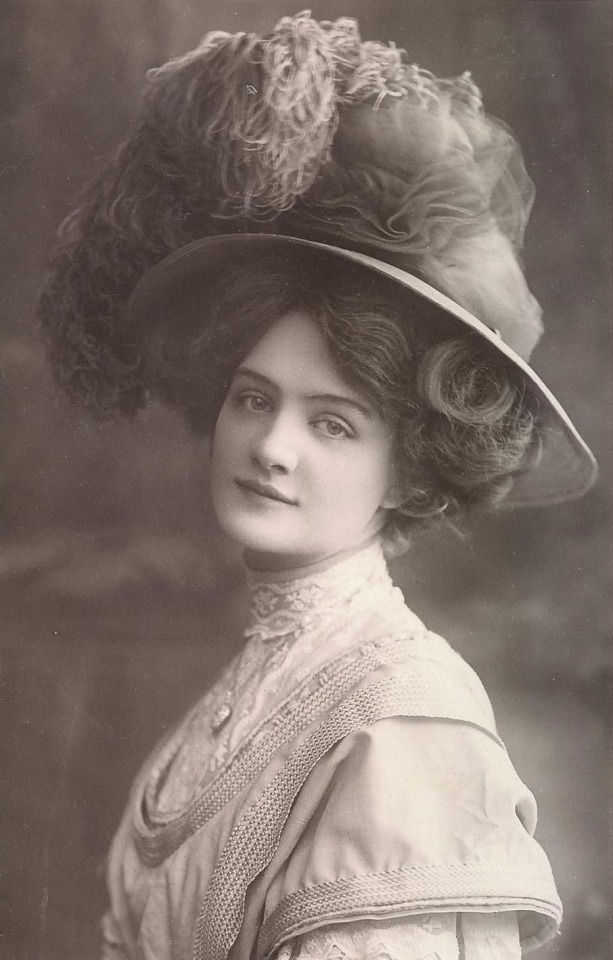
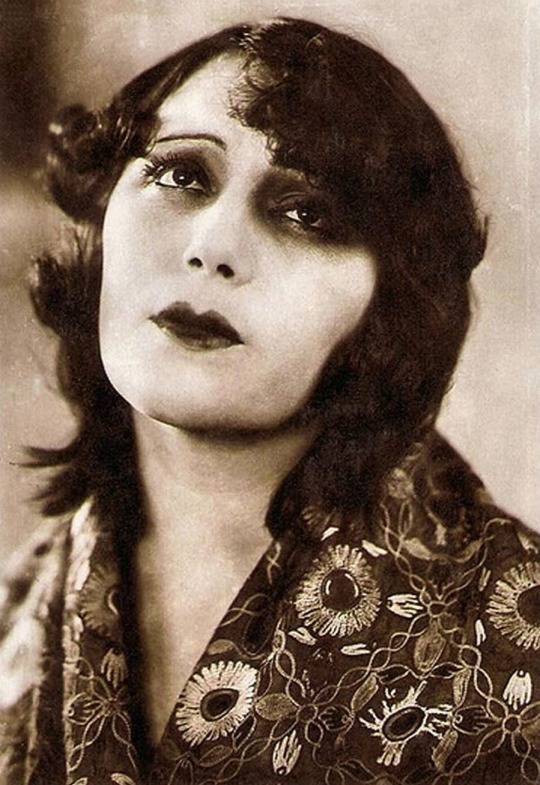
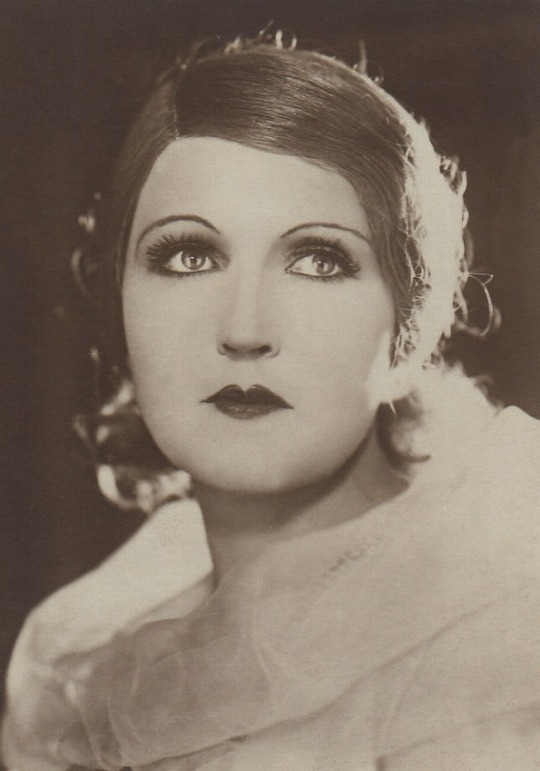
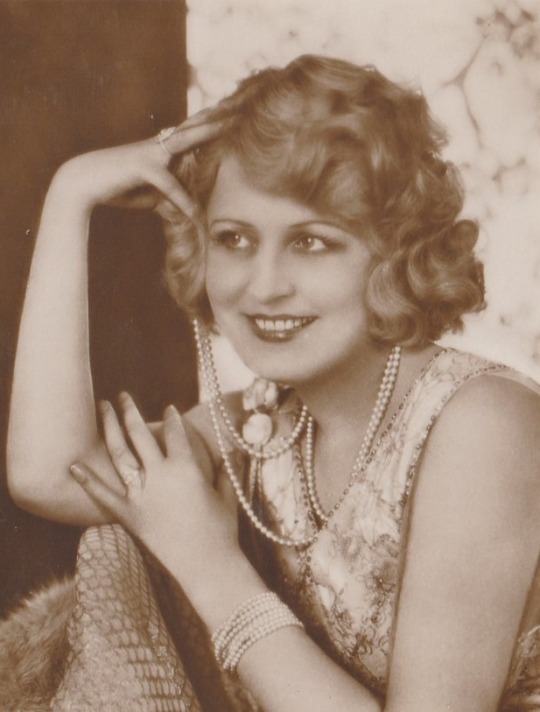
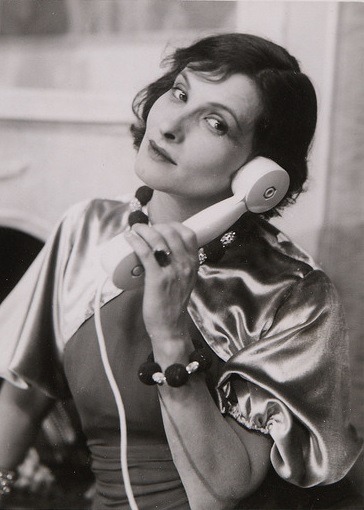
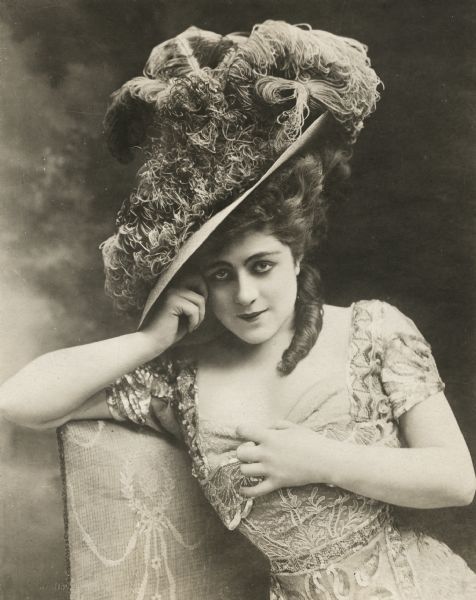
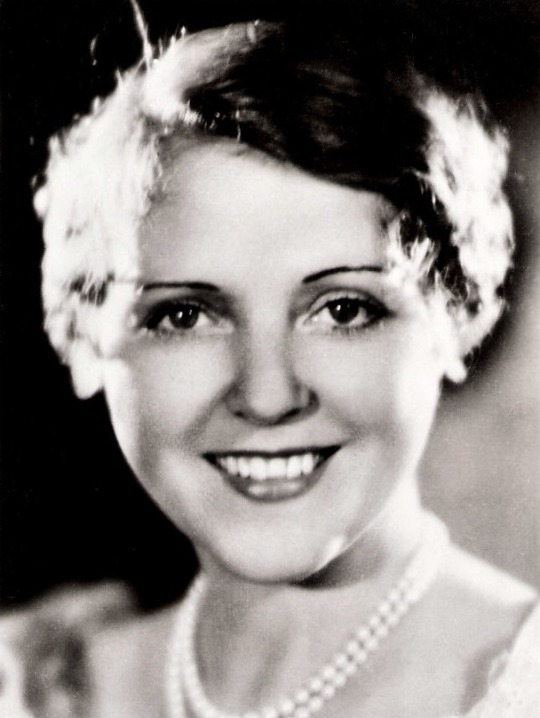
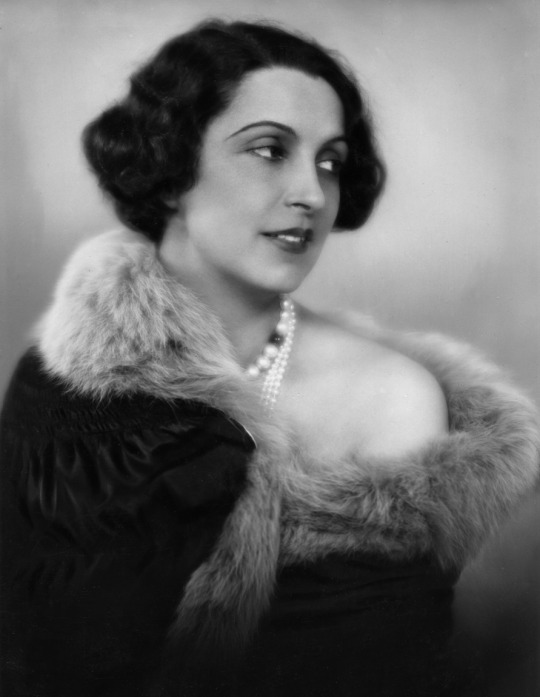
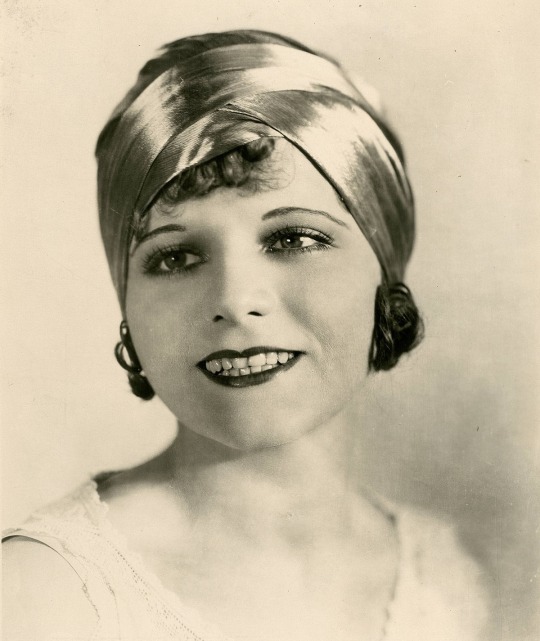
ACTRESSES WHO DIED 1962
Marilyn Monroe at 36 from barbiturate overdose
Lily Elsie at 76 from heart failure
Raquel Meller at 74 from heart attack
Suzanne Marwille at 66 from unknown events
Xenia Desni at 68 from unknown events
Sybille Binder at 67 from unknown events
Valeska Suratt at 80 from heart failure
Dolly Davis at 66 from surgery
Erna Morena at 77 from heart attack
Vera Reynolds at 62 from unknown events
#marilyn monroe#lily elsie#raquel meller#suzanne marwille#xenia desni#sybille binder#valeska suratt#dolly davis#erna morena#vera reynolds#thedabara
21 notes
·
View notes
Photo


Der Gang in die Nacht (F.W. Murnau, 1920)
#der gang in die nacht#journey into the night#f.w. murnau#erna morena#olaf fønss#1920#silent cinema#german cinema
10 notes
·
View notes
Photo
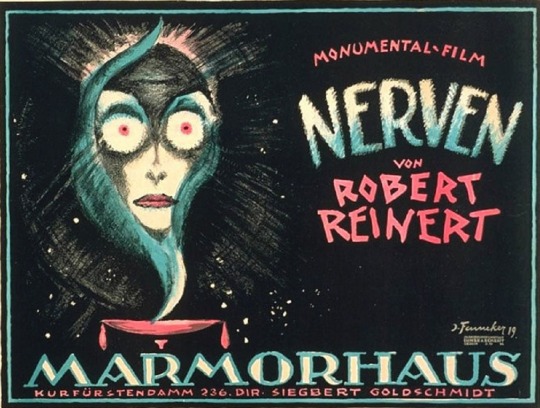


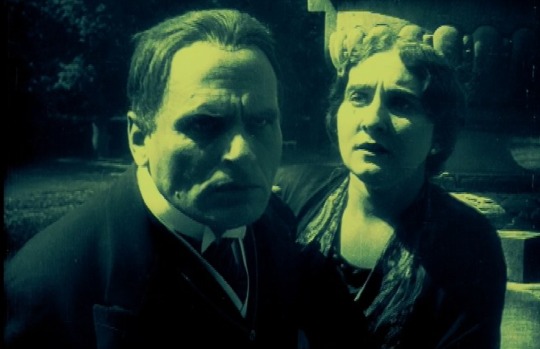
Deutschland im Jahre 1919. Nach einem verlorenen Krieg mit Millionen von Toten befindet sich das Land in totaler Verwüstung und dies sowohl gesellschaftlich als auch psychisch. Robert Reinerts “Monumentalfilm” “Nerven” - eigentlich ein psychologisches Drama mit gelegentlichen Massenszenen - schildert in optisch eindrucksvollen Bildern, vor allem die Viragierung sowie die (Alp)Traumsequenzen gefallen mir ausnehmend gut, die Schicksale einiger Menschen, die auf verhängnisvolle Weise mit einander verbunden sind. Leider gilt etwa ein Drittel des Films als verschollen.
Der wohlhabende Unternehmer Roloff (Eduard von Winterstein) verliert nach der Explosion einer Maschine in seiner Fabrik seinen bisher blinden Glauben an den technischen Fortschritt. Seine Schwester Marja (Erna Morena) steht zwar kurz vor der Heirat mit Graf Richard von Colonna (Rio Ellbon), liebt jedoch in Wahrheit den Lehrer Johannes (Paul Bender), der als Volkstribun für gewaltlose, soziale Reformen eintritt, ihre Gefühle zwar erwidert, sie jedoch mit seinem religiösen Überzeugungen nicht vereinbaren kann.
Die Abgewiesene rächt sich, indem sie Johannes der Vergewaltigung bezichtigt. Ihr Bruder beeidet vor Gericht, er sei Zeuge des Verbrechens. Der Lehrer wird zu sechs Jahren Zuchthaus verurteilt. Seine blinde Schwester (Lili Dominici) ist verzweifelt. Als Roloff erkennt, dass er einen Meineid geschworen hat, driftet er unaufhaltsam in den Wahnsinn ab, während seine Schwester Marja gemeinsam mit Richard allem Wohlstand entsagt und den gewaltsamen Umsturz propagiert.
Roloff wird von alptraumhaften Visionen gepeinigt, die ihn sogar gegenüber seiner Gattin Elisabeth (Lia Borré) gewalttätig werden lassen und die er nicht mehr zu ertragen vermag. Er bittet Johannes, der inzwischen freigelassen wurde, um den Gnadentod, was ihm dieser mit Gift gewährt.
Zwischen Elisabeth und Johannes entspinnt sich nach einiger Zeit eine zarte Liebe, doch die Witwe findet im Nachlass ihres Mannes einen Brief mit dessen - damals noch unbegründeter - Behauptung, Johannes sei in sie verliebt und er wähle daher den Freitod. Elisabeth ist außer sich und trennt sich von Johannes. In geistiger Umnachtung steckt sie ihr Schloss in Brand. Johannes’ Schwester kommt in den Flammen um, Elisabeth geht ins Kloster, um ihre Schuld zu sühnen.
youtube
#nerven#robert reinert#eduard von winterstein#erna morena#paul bender#lia borrè#stummfilm#deutsches kino#silent movies#german cinema
3 notes
·
View notes
Photo

Der Maharadscha von Eschnapur sendet seinen Yoghi nach einem europäischen Architekten, der ein Grabmal für seine gestorbene Liebe bauen soll, die ihm abhanden kam, als seine Gattin eine Affaire mit dem britischen Tigerjäger anfing. Er ist auch nicht richtig nett zu ihr. Das können die kultivierten Europäer unmöglich durchgehen lassen. Monumentale frühe Perle des Exotische-Abenteuer-Films, die später noch zwei mal verfilmt wurde (schließlich doch noch von Fritz Lang, der mit seiner Gattin das Drehbuch schrieb, hier aber noch zu jung war, und überhaupt kein rechtes Talent für Monumentalfilme zu haben schien), aber nie wieder mit einem ansatzweise so schönen Maharadscha.
#Das indische Grabmal#Conrad Veidt#Olaf Fönss#Mia May#Paul Richter#Erna Morena#Lya de Putti#Bernhard Goetzke#Film gesehen#Joe May#Fritz Lang#Thea von Harbou
4 notes
·
View notes
Text
"Das indische Grabmal" (1921)
youtube
Das indische Grabmal erster Teil — Die Sendung des Yoghi (part I)
youtube
Das indische Grabmal zweite Teil — Der Tiger von Eschnapur (part II)
russian subtitles
#conrad veidt#subtitles in russian language#das indische grabmal 1921#silent cinema#german silent film#silent era#thea von harbou#fritz lang#erna morena#bernhard goetzke#das indische grabmal erster teil — die sendung des yoghi#joe may#Youtube
10 notes
·
View notes
Text

German actress Erna Morena on a vintage postcard
#postkaart#erna morena#carte postale#briefkaart#old#sepia#morena#postkarte#vintage#postal#actress#photography#ephemera#postcard#tarjeta#photo#ansichtskarte#erna#historic#german
4 notes
·
View notes
Photo

Erna Morena photographed by Karl Schenken in Berlin, circa 1920s.
68 notes
·
View notes
Photo

Erna Morena, Conrad Veidt and Reinhold Schünzel with cinematographer Karl (Carl) Hoffmann.
#conrad veidt#erna morena#reinhold schünzel#carl hoffmann#karl hoffmann#no idea of what this particular film is#because there are a couple where they are all credited together as far as imdb knows#nachtgestalten#is my guess#so it'd be yet another oswald production with a star-studded cast#even had wegener and berber by the looks of it#but the few pics i saw didn't have period costumes#and connie and erna are in victorian clothes so idkwtf#also i thought hoffmann was a woman in drag there for a bit#maybe the caption was wrong and it is indeed a stealthy dragster hbic
5 notes
·
View notes
Video
Der Gang in die Nacht by bswise
Via Flickr:
Journey Into Night
2 notes
·
View notes

